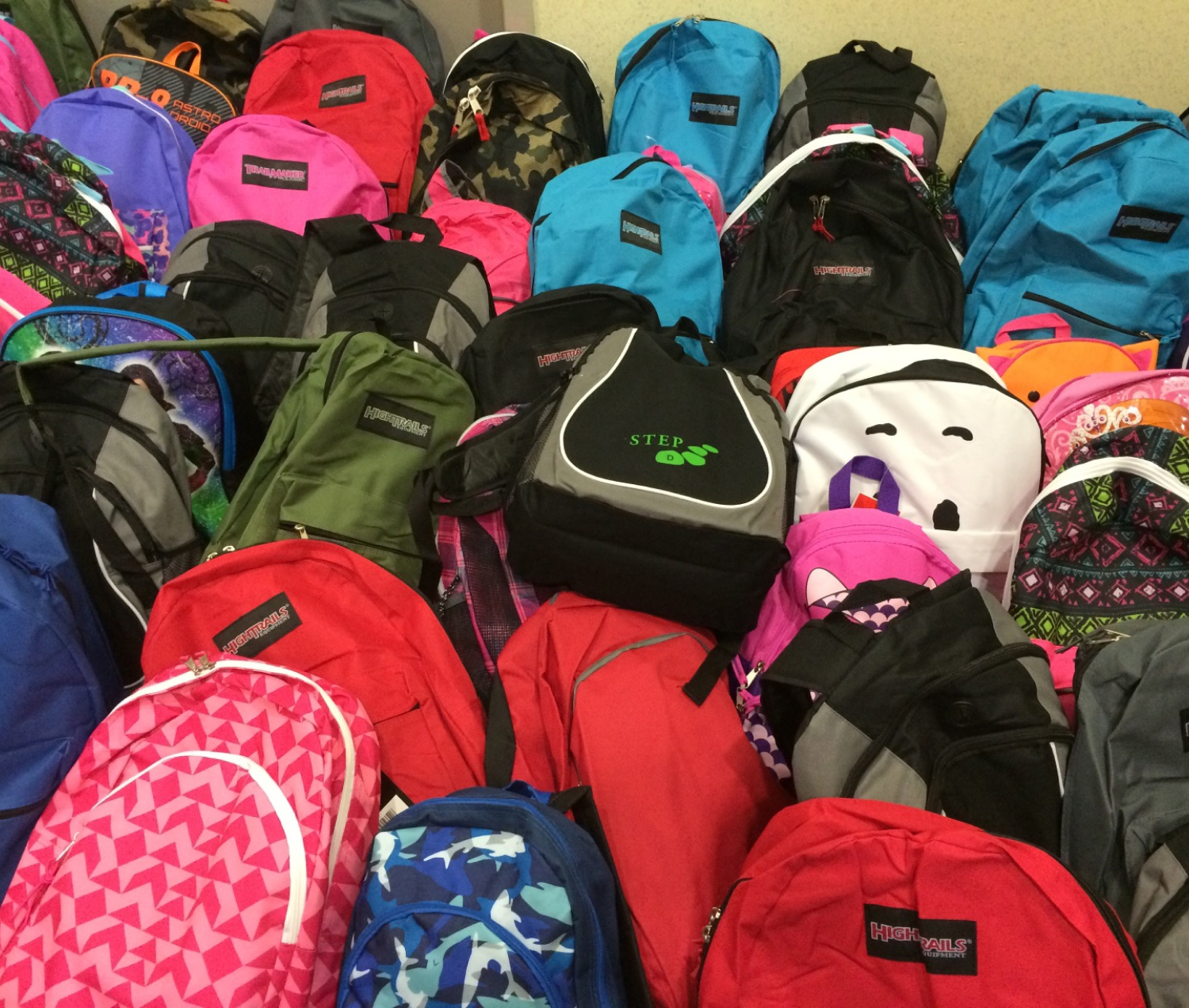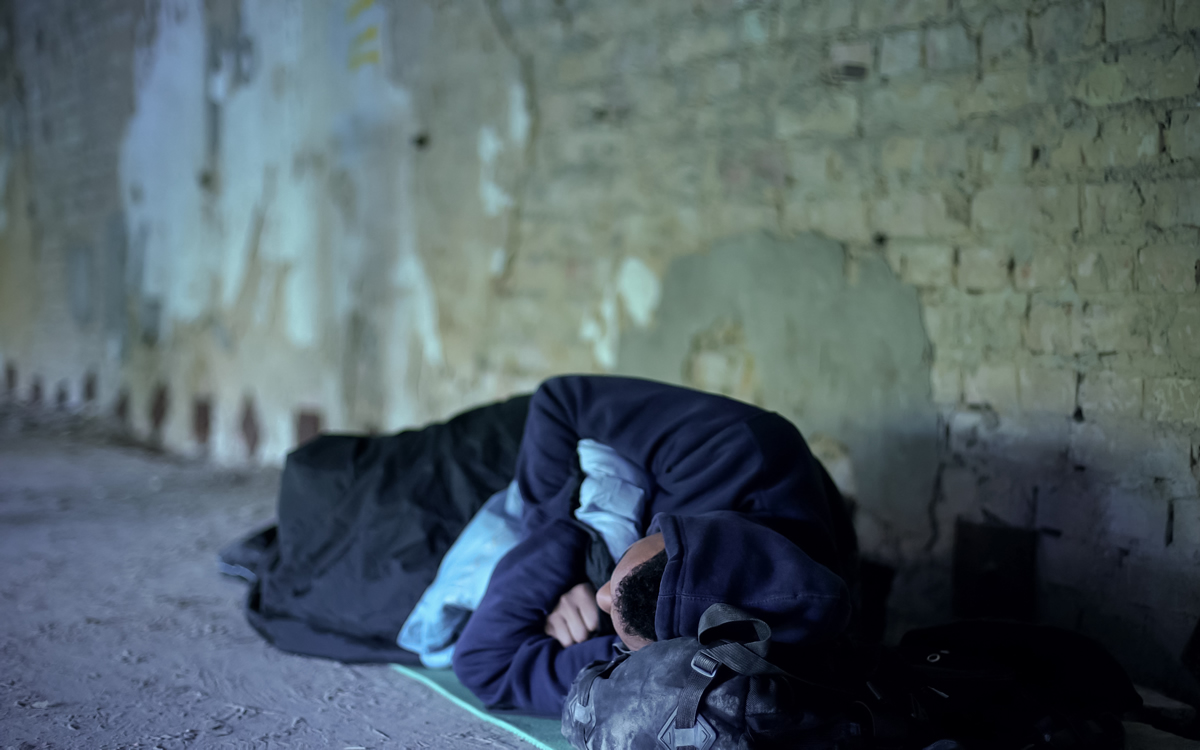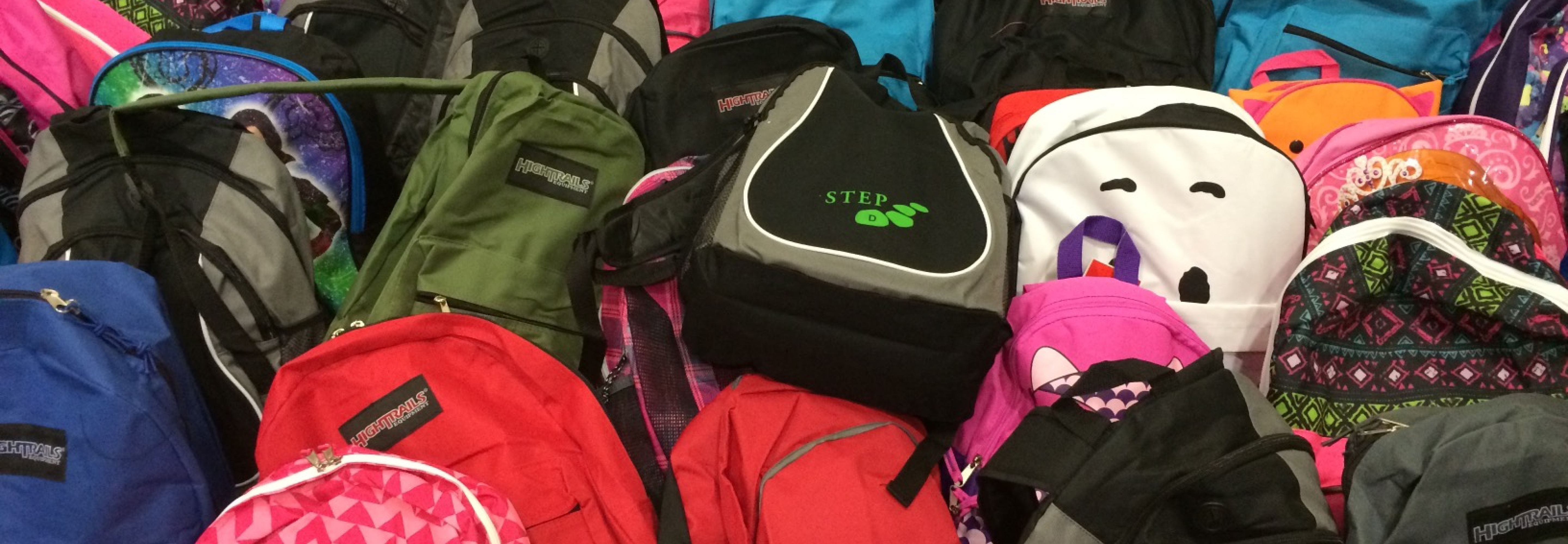
Foster parents need more vetting, training for LGBTQ children

About 30,000 children age out of foster care each year and 70 percent of those children wind up homeless. The majority of the homeless population under the age of 18 are LGBTQ youth, often who can’t find an inclusive home and enter group homes where more prevalent mental, sexual, and psychological abuse turns them to the streets.
When an LGBTQ child enters the foster care system, the pot of eligible homes becomes smaller, said Rob Scheer, the founder of Comfort Cases, a non-profit that supplies personal care items to youth entering the foster care system.
“The first thing we think of as kids in our system when we realize that we are part of the LGBTQ+ family, is why am I damaged?” said Scheer, a gay man who experienced the foster care system as a child. “Why am I not given that open space to be free and be who I am?”
The average child in foster care moves from three to four homes before finding a long-term placement. This is often due to foster care agencies’ neglect to inform foster parents that a child is a part of the LGBTQ community. However, when foster parents are informed of the child’s identity, less movement occurs.
Even when children come out as being LGBTQ and the foster parents allow them to stay, some homes do so in order to receive a monthly stipend from the government or private foster agency, Scheer said. This puts children at risk of both direct and indirect mental abuse.
Indirect heterosexism that sends micro-messages of shame is extremely harmful to kids, according to Chloe Perez, the CEO of Hearts and Homes for Youth, a non-profit working with children with higher levels of need, such as therapy appointments for a mental health diagnosis.
“We have had parents who have talked about, ‘Oh, you know, his frilly, girly, feminine ways,” said Perez. “Maybe they’re not saying I hate gay people…but it’s that subliminal messaging all the time that is equally detrimental.”
It’s common for LGBTQ children to either stay quiet about their sexuality or identity or act out to disrupt a placement before they risk rejection from the family.
By age five or six, many children already experience rejection and the resulting trauma from multiple placements, Perez added. However, when foster parents know how to manage disruptive behaviors, there’s less risk of additional placement disruption.
But this requires specific vetting and training procedures for potential foster parents.
Once potential foster parents complete all of the state’s criteria, Hearts and Homes for Youth provide an additional, extensive training program. Since some kids come into the non-profit’s care after 14 or 15 placements, this process includes trauma-response training that informs parents of a child’s possible emotional reactions.
If any foster parent says they don’t want to foster LGBTQ or BIPOC kids, Perez said they try to understand where the parents’ concern stems from to resolve the issue.
“[Whether it’s] cultural, age or based around religion…we have seen that sometimes just really having that in-depth conversation can help them shift,” said Perez. “If they’re not willing to do that, then that’s a no-go.”
Parents are often more direct when it comes to saying they won’t take an LGBTQ child as opposed to a child of color, Perez added, because people are more comfortable openly expressing their opinions about sexual orientation or identity than race, which is more commonly condemned.
If problems arise once a child is in a foster home, an agent conducts an at-home check-in to assess whether the foster parent needs to redo training. However, most issues after the placement are centered around parents’ discipline practices, such as smacking a child, rather than discrimination.
In the case that a foster home isn’t suitable, Hearts and Homes for Youth also offers five group homes and an independent living program for pregnant and parenting teen moms.
However, the high rate of suicide among LGBTQ children in foster care continues to reflect the conditions for most LGBTQ kids beyond their care.
“What we need to do in society is step up our social responsibility and make sure that we are giving these kids everything that I give to my five children,” said Scheer. “Guidance, unconditional support, and unconditional love.”
For information on how to become a foster parent in D.C., visit Child and Family Services Agency.
Read more about this conversation with the Washington Blade and Rob Scheer here.

